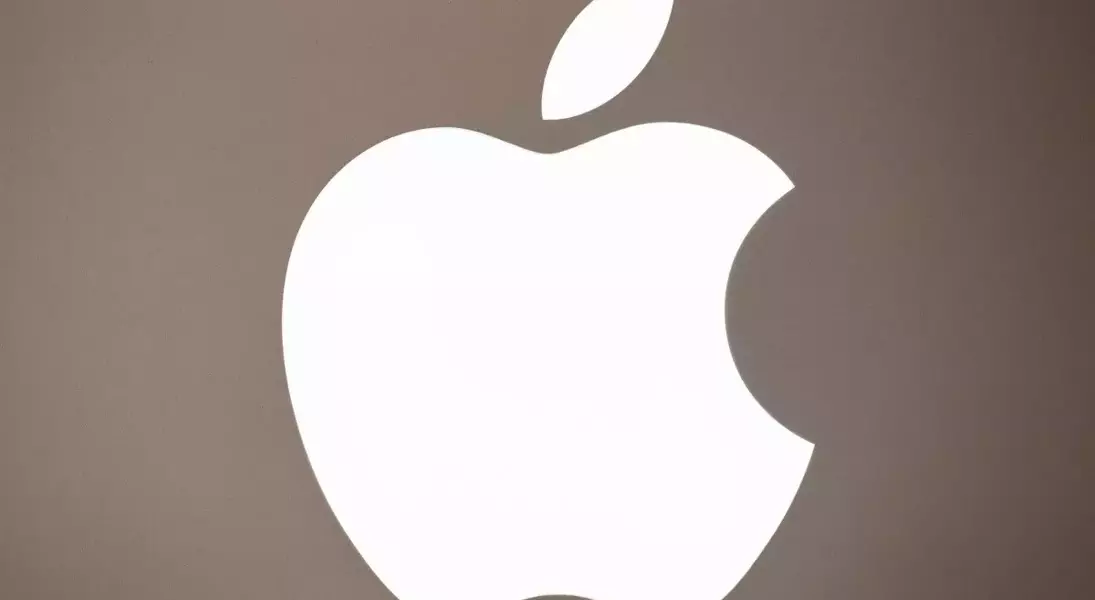In a significant move, Apple has joined the Ultra Accelerator Link Consortium, an initiative aimed at developing advanced technology to enhance chip connectivity in artificial intelligence data centers. The consortium's latest standard, UALink, promises to revolutionize how AI accelerators are linked within server farms. Becky Loop, Apple’s director of platform architecture, expressed optimism about UALink’s potential to address critical connectivity challenges and expand AI capabilities.
Transforming AI Infrastructure: Apple Leads the Charge
Revolutionizing Chip Connectivity for AI Data Centers
The Ultra Accelerator Link Consortium is on the cusp of transforming how AI accelerators communicate within data centers. By introducing UALink, this innovative standard seeks to bridge the gap between various types of chips, including GPUs and custom-designed solutions. This development is crucial as it can significantly expedite the training, fine-tuning, and execution of AI models. For instance, UALink leverages open standards like AMD’s Infinity Fabric, ensuring compatibility and scalability across different platforms. The first UALink products are anticipated to hit the market within the next couple of years, marking a pivotal moment in AI infrastructure.UALink's impact extends beyond mere technological advancement; it represents a strategic shift towards more efficient and powerful AI systems. As data centers continue to grow, the demand for seamless chip integration becomes increasingly vital. Companies like Alibaba and Synopsys have already recognized this potential, joining forces with Apple on the consortium’s board. Together, they aim to set new industry benchmarks for AI performance and reliability. Moreover, UALink's open-standard approach fosters collaboration and innovation, encouraging other tech leaders to contribute to this transformative initiative.Apple’s Growing Commitment to AI Infrastructure
Apple's involvement in the UALink consortium underscores its commitment to advancing AI infrastructure. The company has been ramping up investments in this domain, particularly with the development of a new server chip designed to optimize AI data center efficiency. This move aligns with Apple’s broader strategy to enhance its suite of AI product features, collectively known as Apple Intelligence. While some of these capabilities have received mixed reviews, Apple remains dedicated to refining and expanding its AI offerings.One notable example of Apple’s evolving AI services is its AI-summarized news alerts. After encountering user feedback regarding inaccuracies, Apple promptly addressed the issue by updating the system. This responsiveness highlights the company’s dedication to delivering reliable and user-centric AI solutions. Furthermore, Apple’s participation in the UALink consortium signals its intent to play a leading role in shaping the future of AI technology. By collaborating with industry giants like Intel, AMD, Google, AWS, Microsoft, and Meta, Apple aims to drive forward innovations that benefit both consumers and businesses alike.Navigating Competitive Dynamics in the AI Ecosystem
The AI ecosystem is highly competitive, with companies vying for dominance in chip interconnect technology. Notably, Nvidia, a leader in AI accelerator production, has opted not to join the UALink consortium. Instead, Nvidia relies on its proprietary NVLink technology, which offers unique advantages in linking chips within data center clusters. This decision reflects the complex dynamics within the AI sector, where proprietary solutions often coexist alongside collaborative efforts.Despite this competition, the UALink consortium’s focus on open standards positions it as a compelling alternative. By fostering interoperability and innovation, UALink can attract a diverse range of stakeholders, from startups to established players. Apple’s leadership within the consortium exemplifies its willingness to embrace collaborative approaches while maintaining its competitive edge. As the AI landscape continues to evolve, initiatives like UALink will be instrumental in addressing emerging challenges and unlocking new possibilities for AI-driven advancements.
